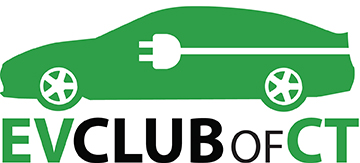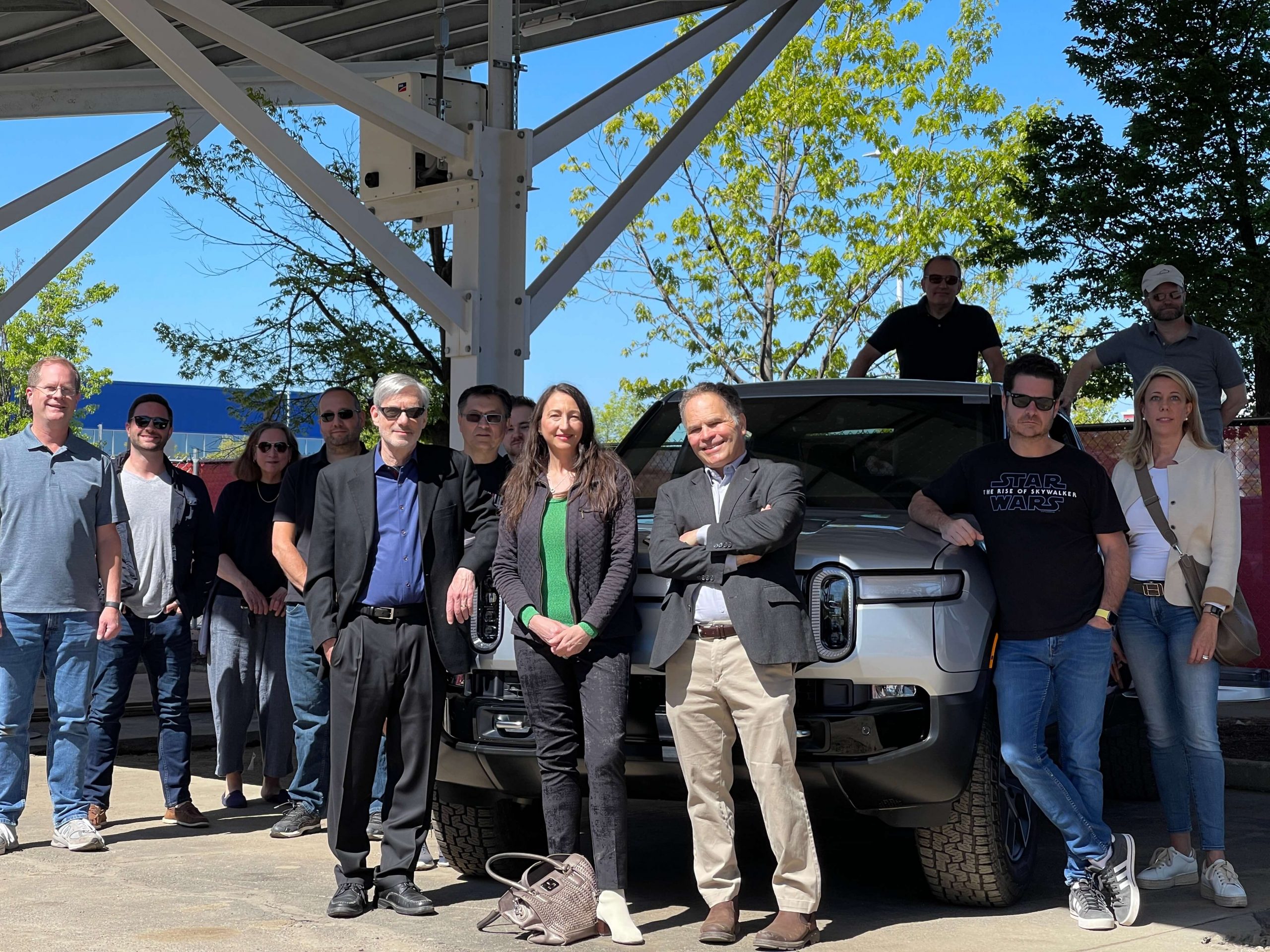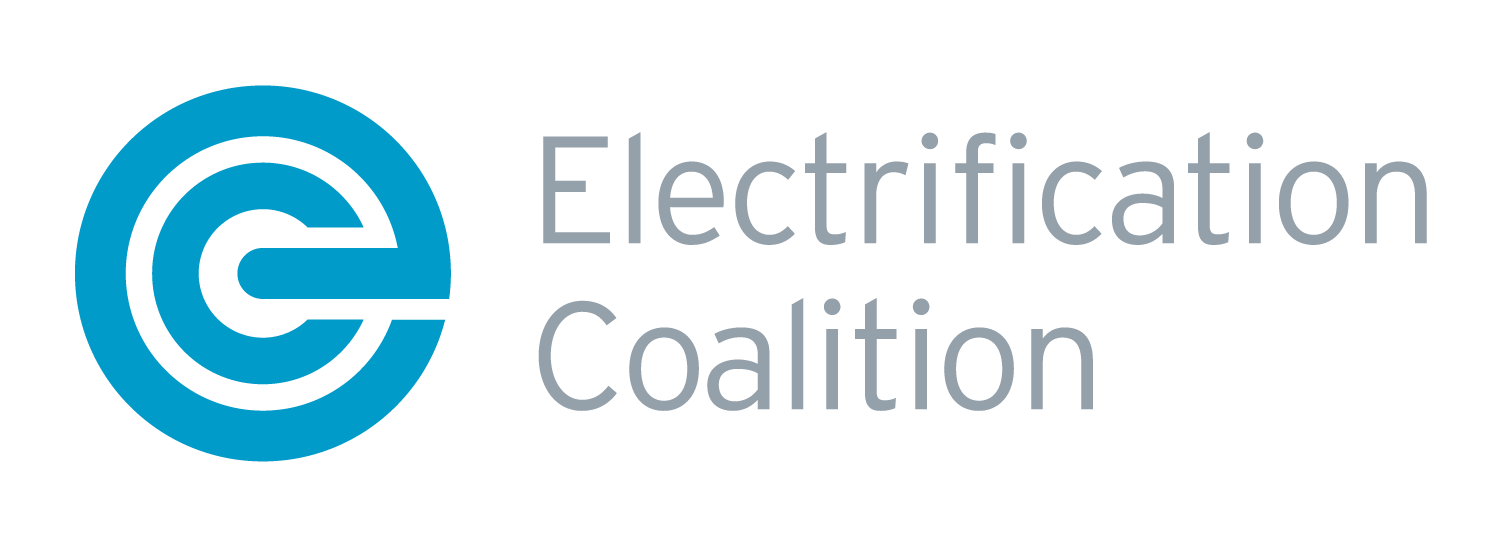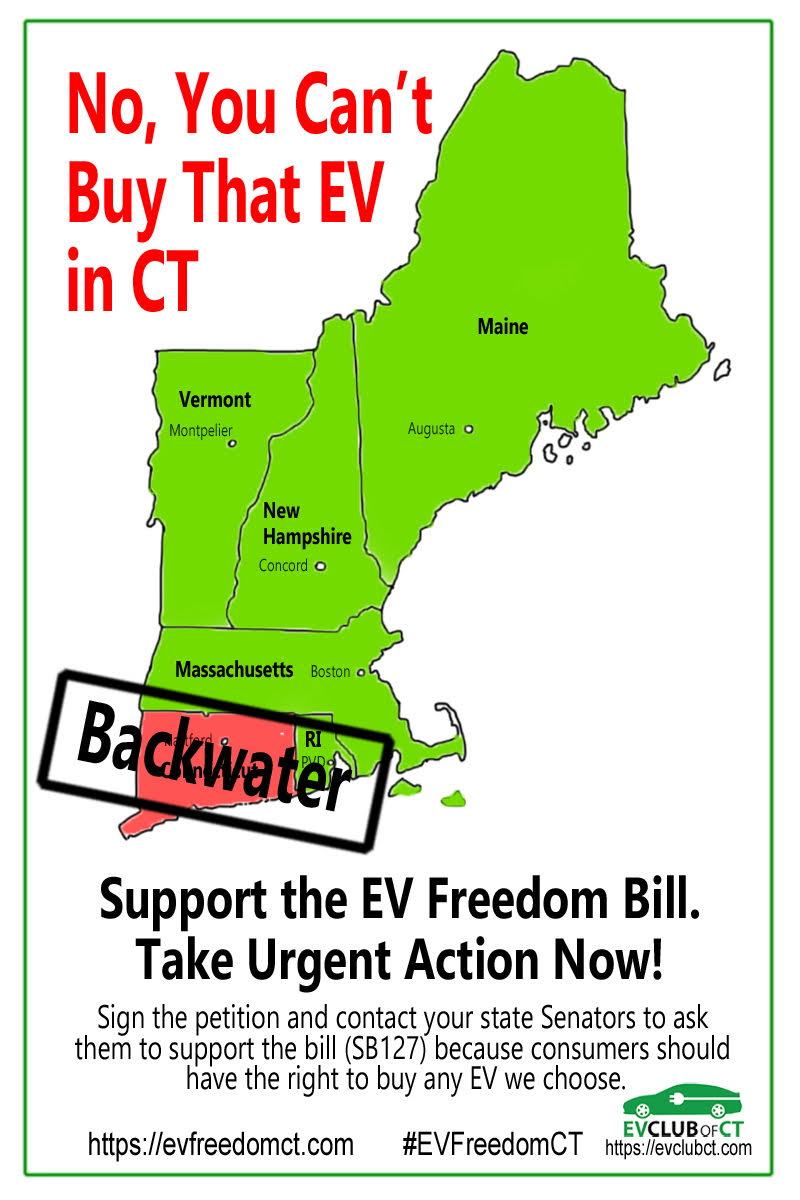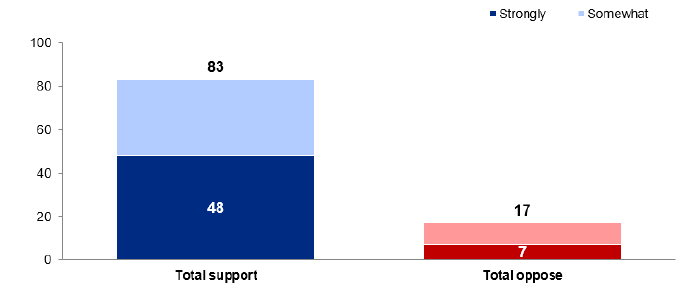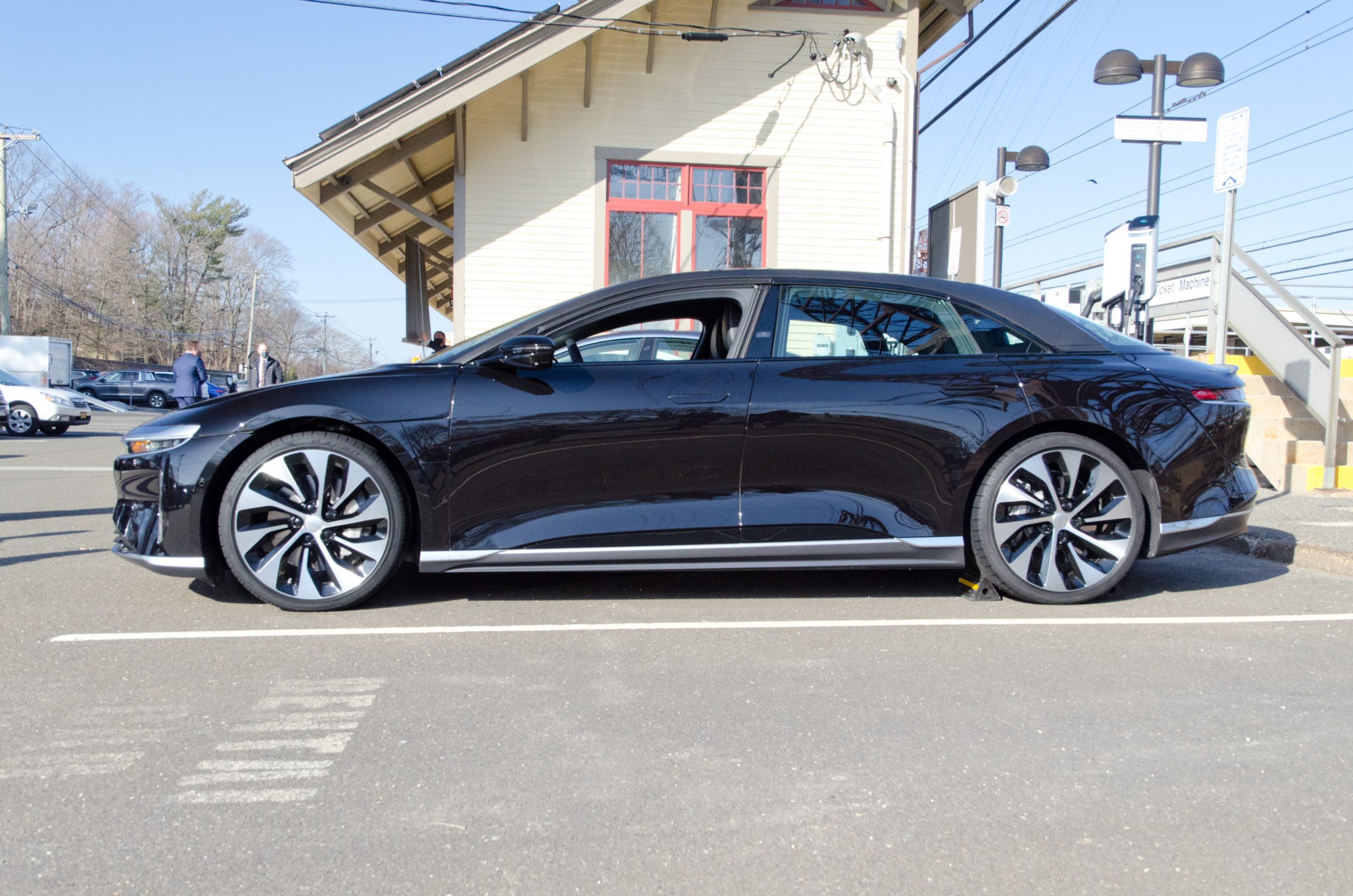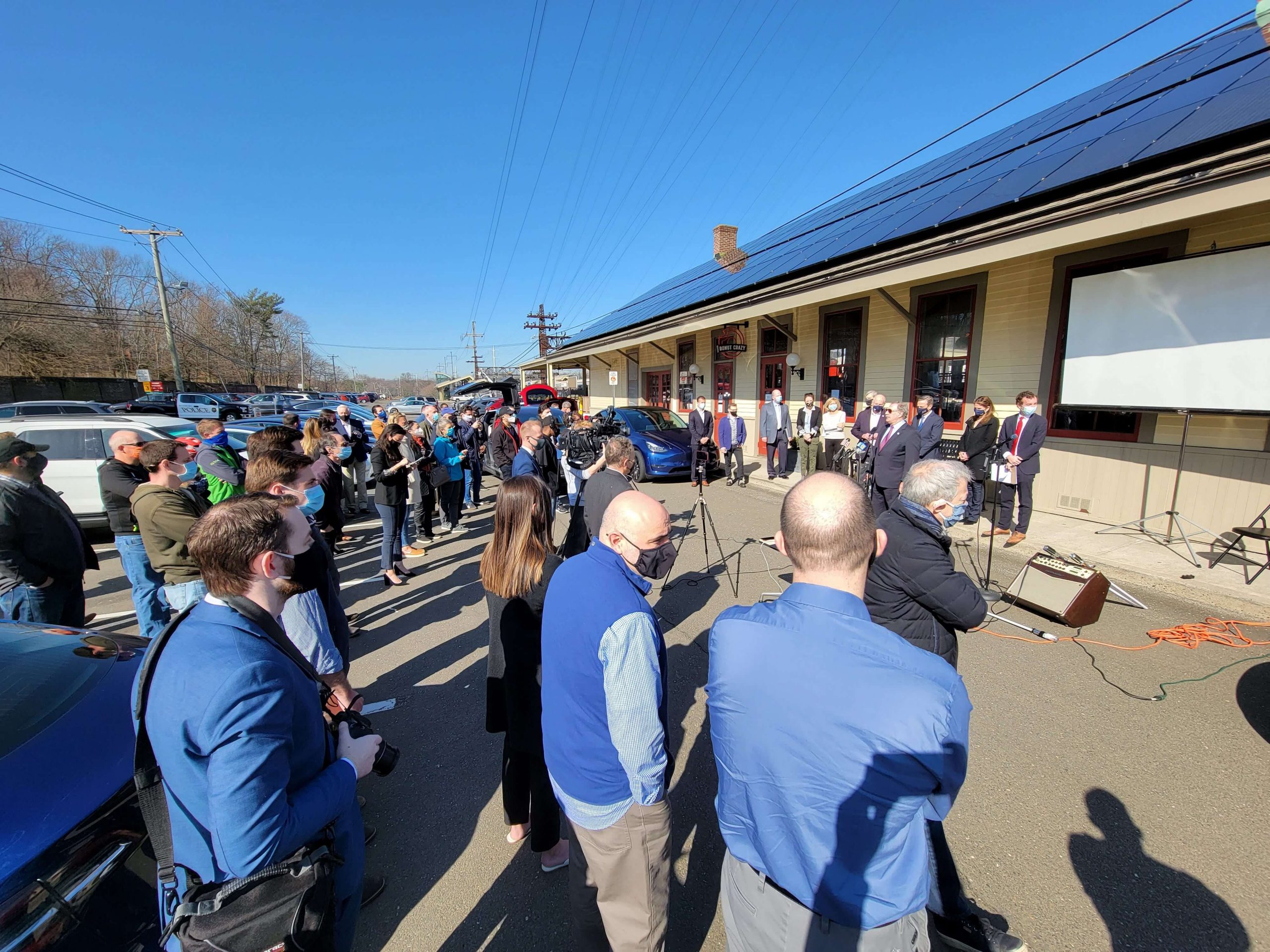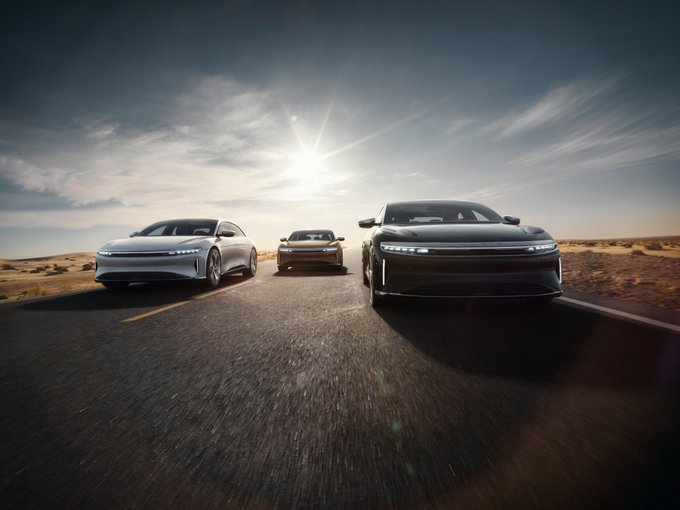Dealer-Funded Study Paints Misleading Picture of Direct Sales
A new report by the Connecticut Center for Economic Analysis—which acknowledges in its opening sentence that it was commissioned by the Connecticut Auto Dealers Association (CARA)—paints a gloomy picture for the state’s economy if legislation … Read more
